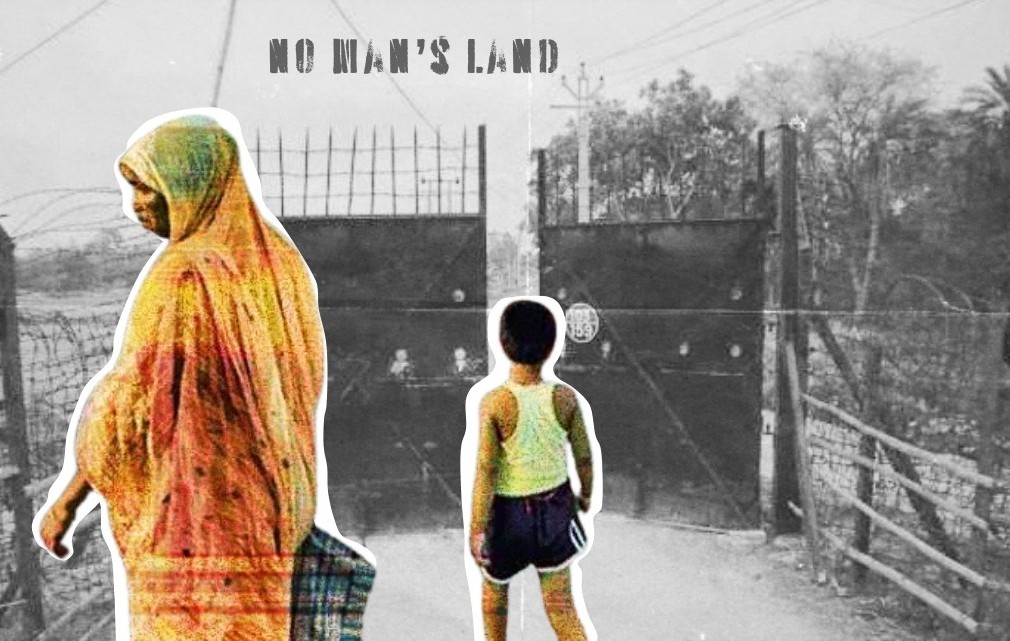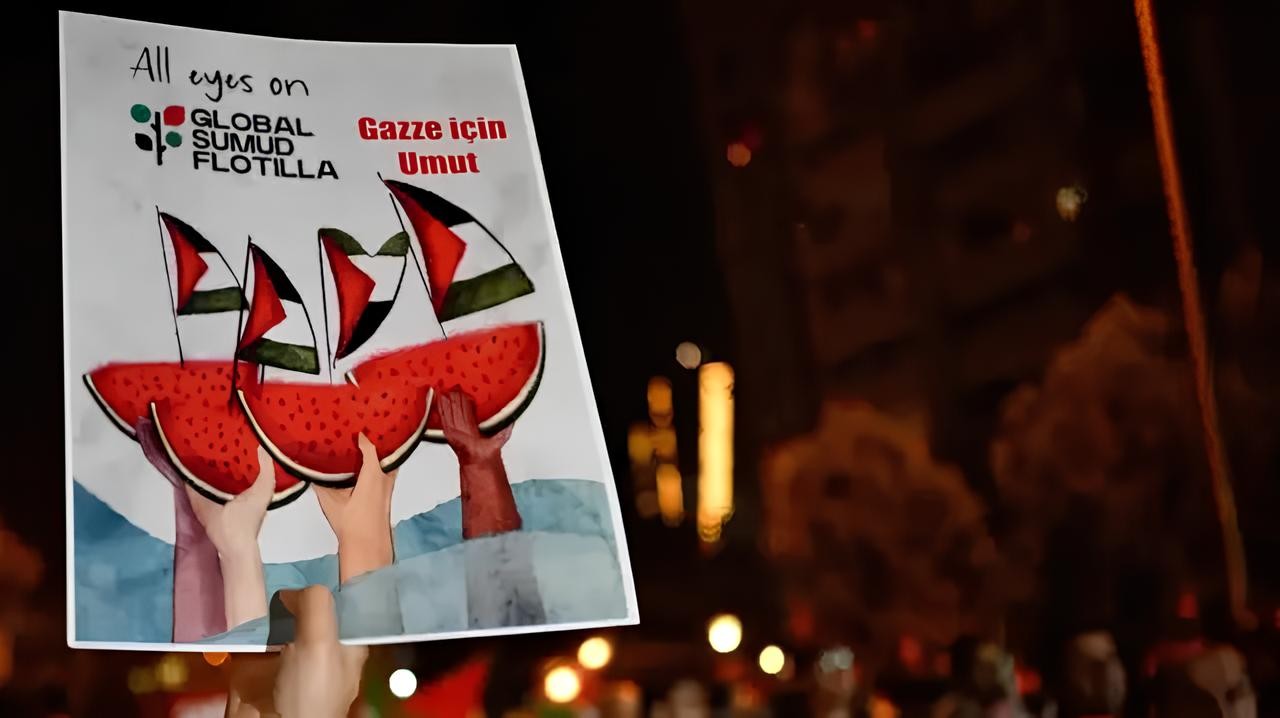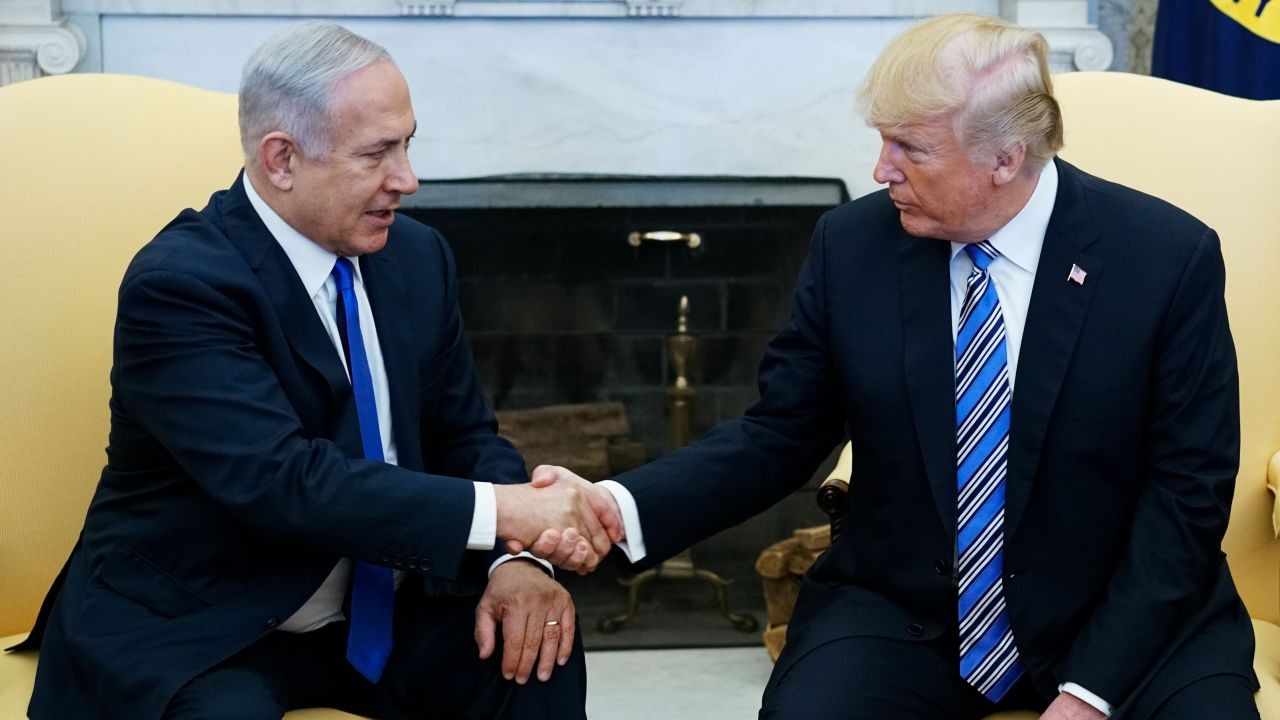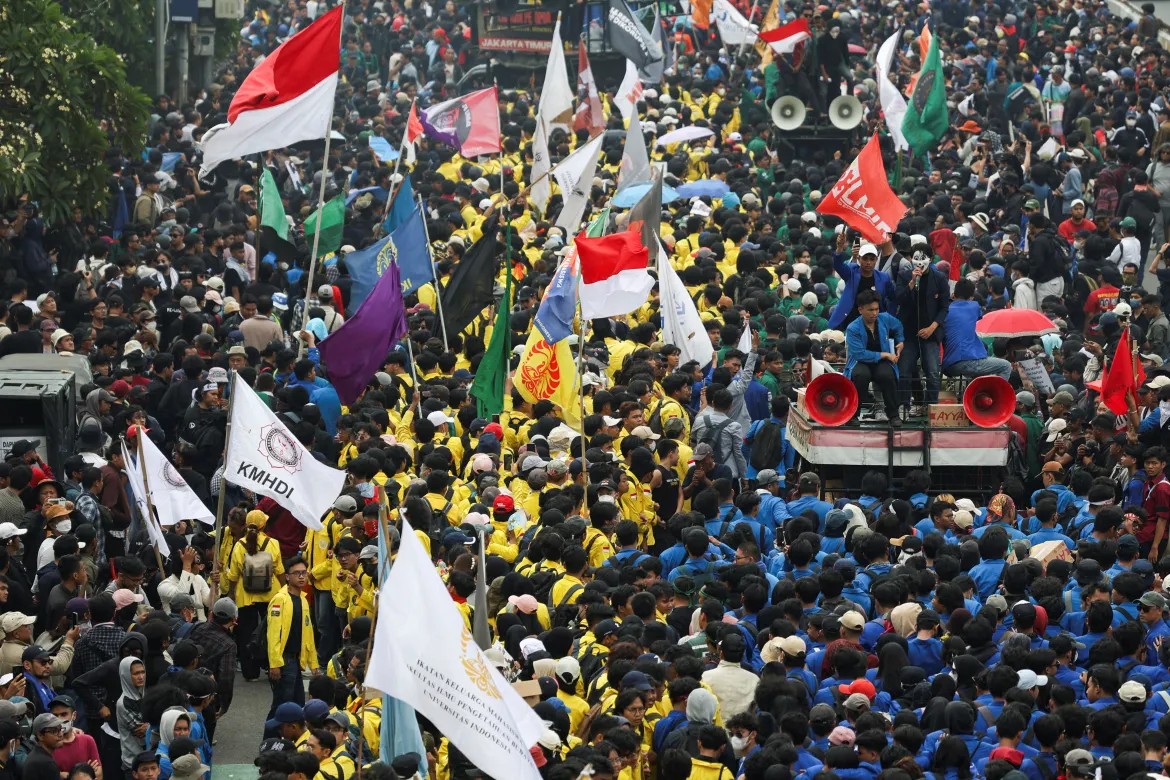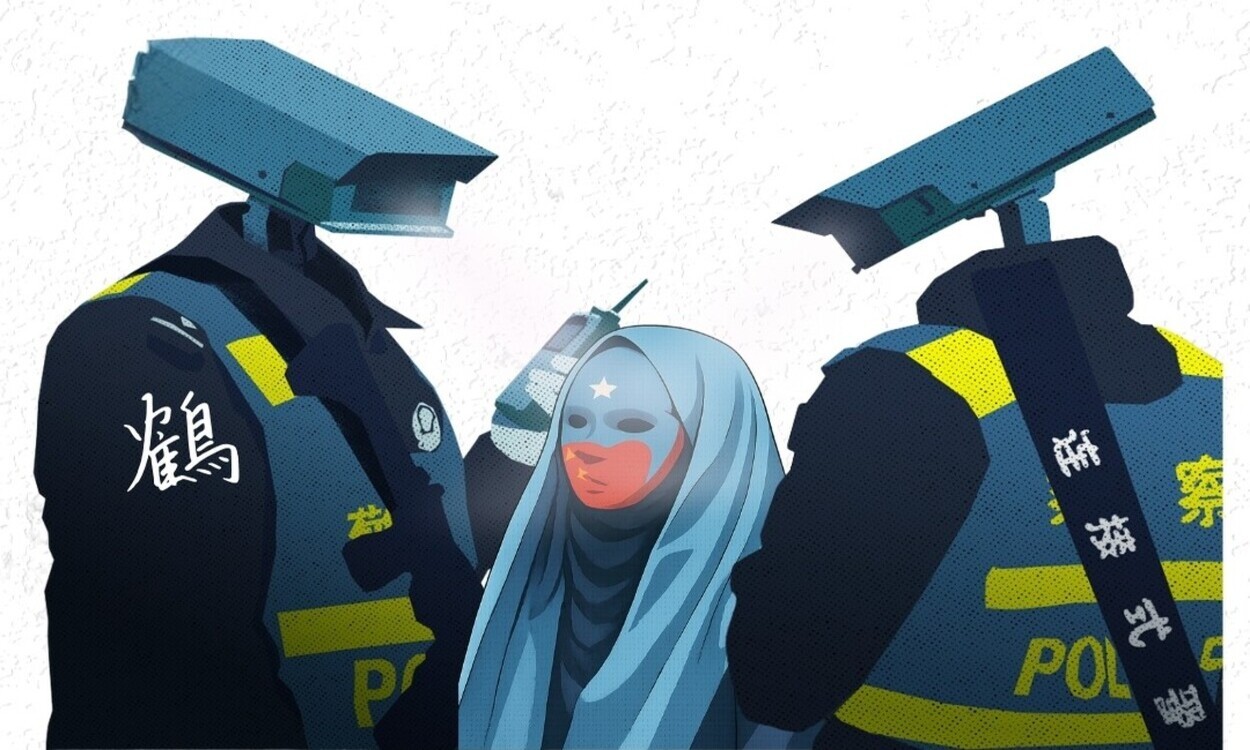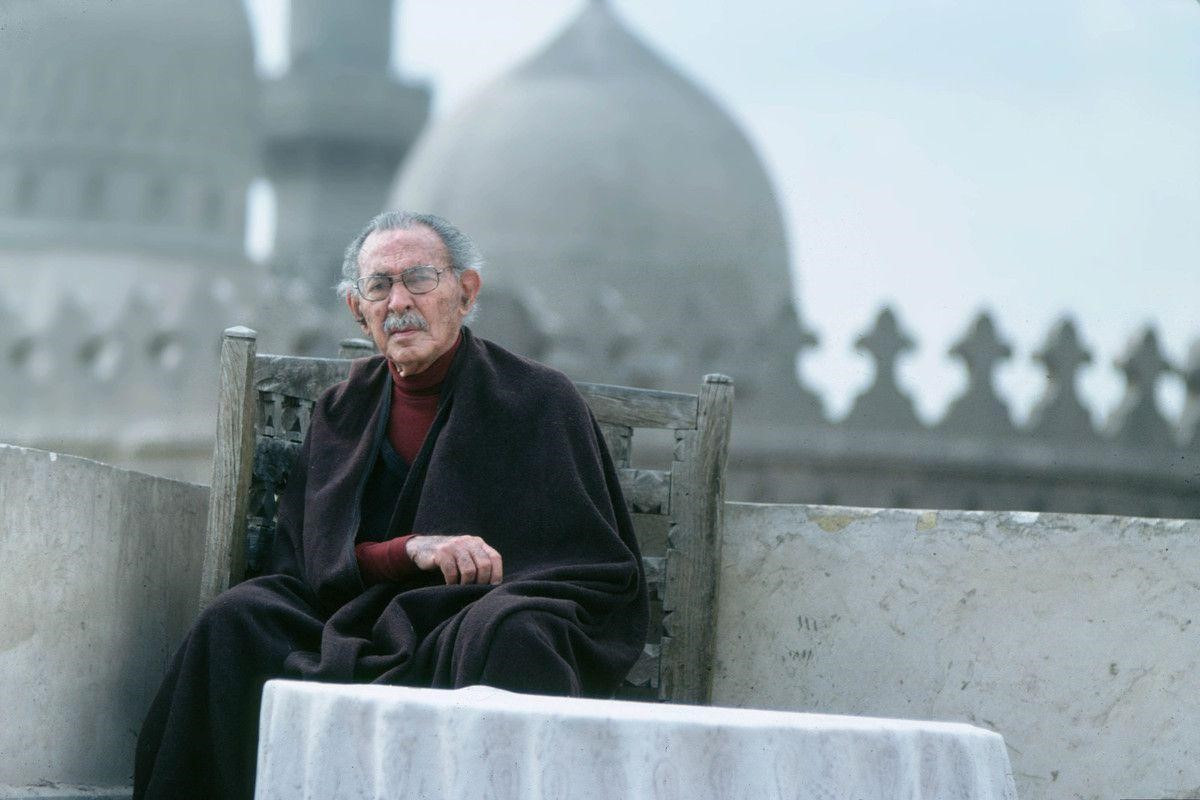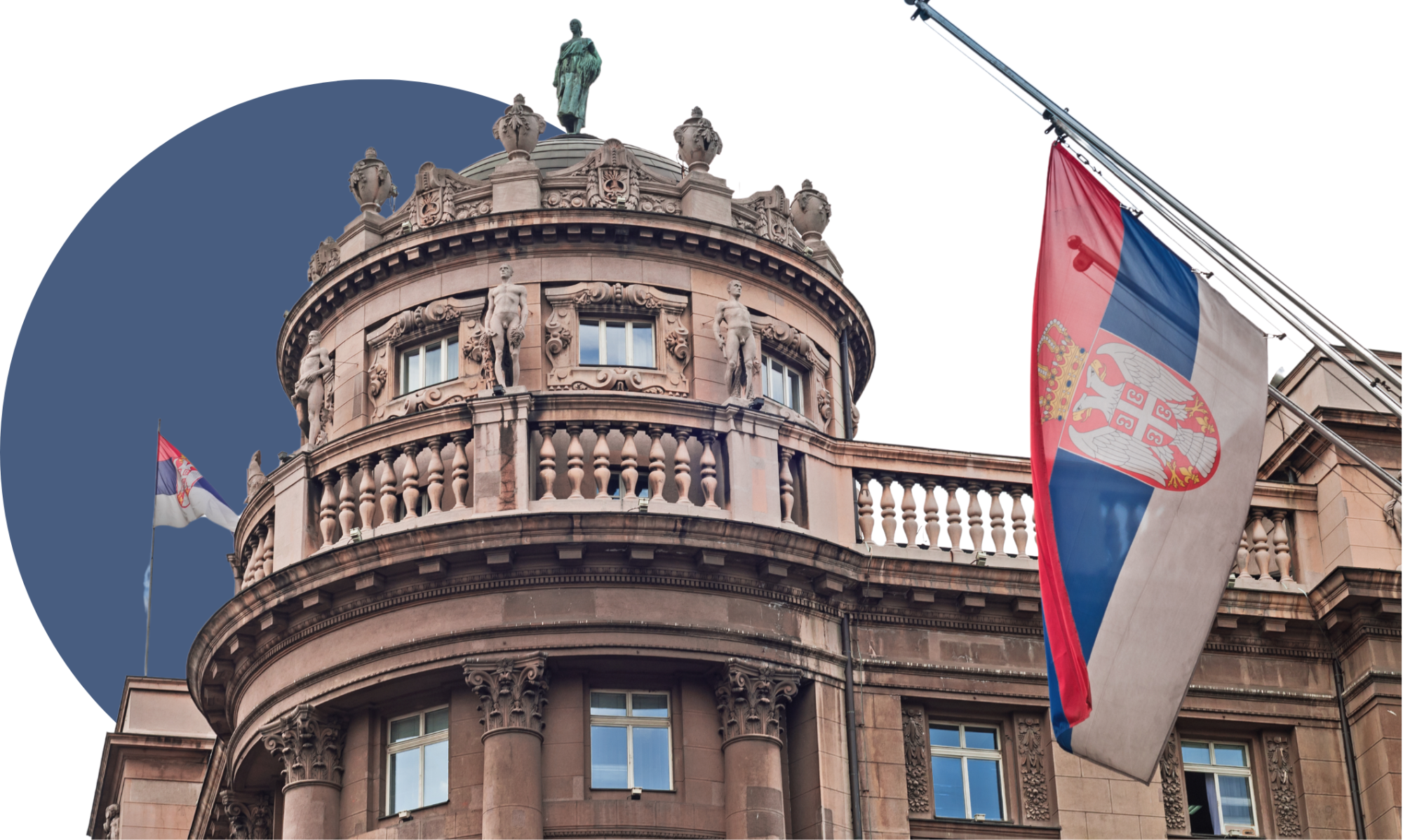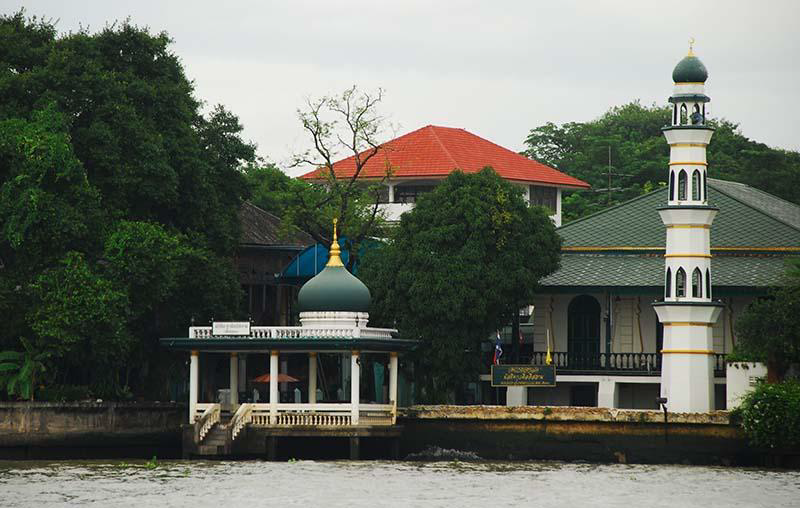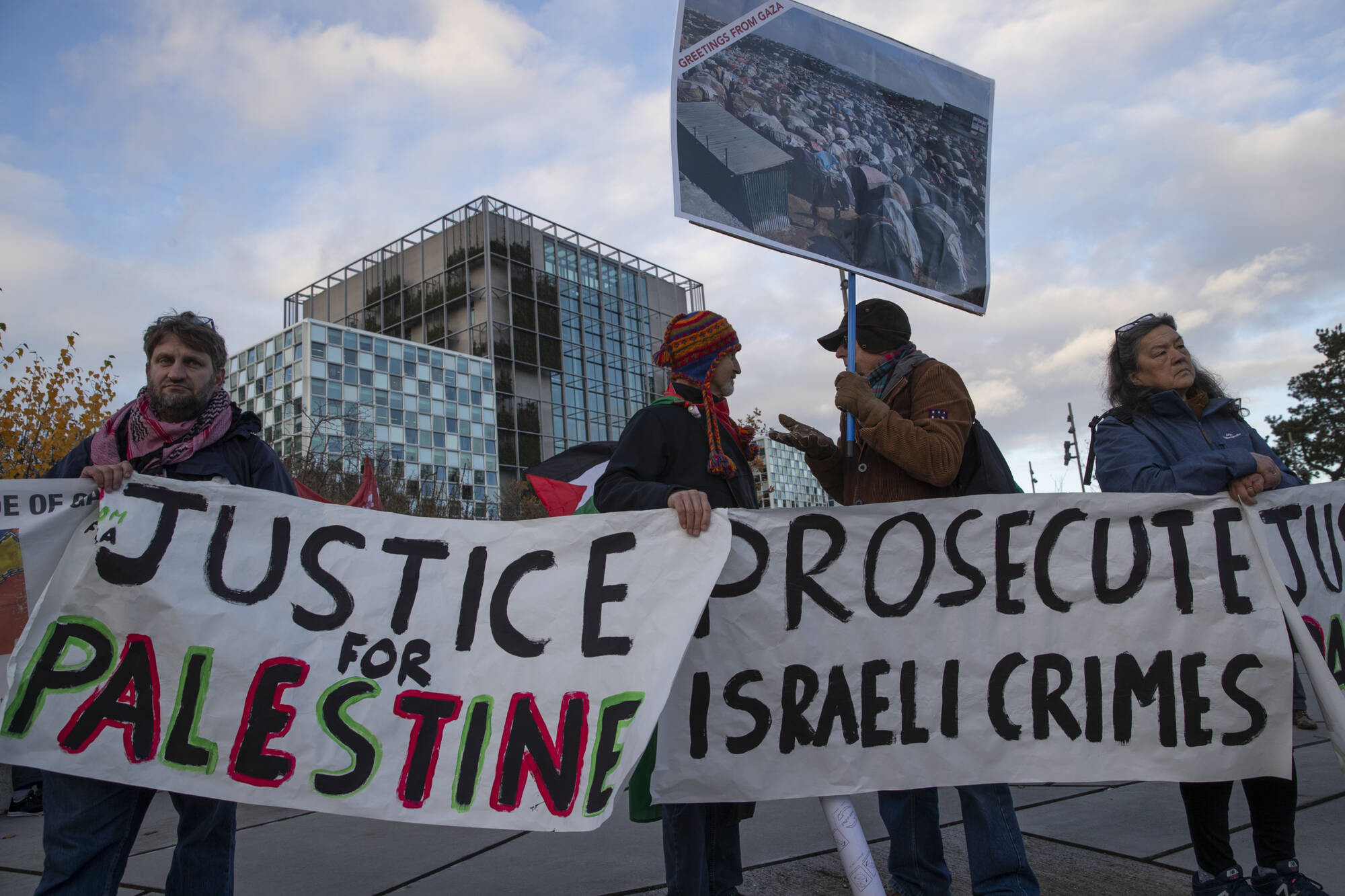
Legal Framework of International Humanitarian Aid to Gaza
The weeks of Israeli bombardment, the massacre of civilians in Gaza, and the accompanying deadly blockade are crimes of genocide. Israel is a party to the 1948 Convention on the Prevention and Punishment of the Crime of Genocide and is bound by the provisions of the Convention. Article 1 of the Convention establishes that genocide is a crime, whether in time of war or peace: "The Contracting Parties confirm that genocide, whether committed in time of peace or in time of war, is a crime under international law which they undertake to prevent and to punish." Article 2 of the Convention lists the acts that constitute the crime of genocide: "In the present Convention, genocide means any of the acts committed with intent to destroy, in whole or in part, a national, ethnical, racial or religious group." The Rome Statute, which sets of war crimes, genocide, the crime of aggression, and crimes against humanity, shows that Israel's actions clearly violate international humanitarian law and that the international judiciary and the international community have a responsibility. Almost all of the main sources of international humanitarian law are sources of international law that Israel must comply with. Humanitarian law is recognized as a legal regime that also binds Israel in its operations against Gaza.
Not only the Israeli bombardment and massacres but also the deadly blockade imposed on Gaza since 2007 is entirely unlawful. Israel aims to starve or deprive the entire civilian population of basic needs and leave them to die and has been doing so to the highest degree for the last three months. A blockade cannot be maintained if the destruction of the civilian population is disproportionate. It is evident that the naval blockade and embargo policy imposed by Israel on Gaza has caused disproportionate damage to civilians. All basic needs, such as food, clean water, medical supplies, fuel, and electricity, have been cut off for the people of Gaza. The illegal blockade is a violation of both the laws of war and peace. Article 33 of the Fourth Geneva Convention prohibits subjecting civilians to collective punishment under occupation: "No 'protected person' may be punished for an offense he or she has not personally committed."
Not only the Israeli bombardment and massacres but also the deadly blockade imposed on Gaza since 2007 is entirely unlawful.
The relevant international humanitarian law standards binding Israel as "occupier" of the Occupied Palestinian Territories are set out in the Fourth Geneva Convention for the Protection of Civilian Persons in Time of War of 1949. Furthermore, Israel is bound by customary rules of international humanitarian law. As an occupying power, Israel has certain obligations under international law. The International Court of Justice has ruled that the terms of the Fourth Geneva Convention apply in the Occupied Palestinian Territories.
Taking into account the unique geopolitical position of the Gaza Strip, Israel determines the conditions of life within the Gaza Strip through the powers it exercises at the borders, which was also an ongoing practice before October 7, 2023. Israel controls border crossings and decides who enters and leaves the Gaza Strip. It also controls the sea area, restricts the fishing zone, and, therefore, regulates economic activity in this area. Among many other things, Israel also maintains complete control of the Gaza Strip's airspace through constant surveillance by airplanes and drones or pilotless aircraft. It regulates the commodity markets to be based on the Israeli currency and exercises control over taxes and customs duties, which has costed the lives of thousands of Palestinians over the years.
Taking into account the unique geopolitical position of the Gaza Strip, Israel determines the conditions of life within the Gaza Strip through the powers it exercises at the borders, which was also an ongoing practice before October 7, 2023.
A blockade violates international humanitarian law if it severely affects the basic life of the civilian population apart from the clashing parties and reaches the extent of collectively punishing the civilian population. Under humanitarian law, states have an obligation to provide basic humanitarian assistance that is vital for the survival of victims of armed conflict. The 1977 Additional Protocol further expanded the scope of this right. In an international armed conflict, the right to receive humanitarian assistance includes the free passage of supplies necessary for the survival of the civilian population.
According to Article 3 of the Universal Declaration of Human Rights, everyone has the right to life, liberty and security of person. According to Articles 2a and 2b of Article 7 of the Rome Statute of the International Criminal Court, for the purpose of paragraph 1, "Attack directed against any civilian population" (2a) means a course of conduct involving the multiple commission of acts referred to in paragraph 1 against any civilian population, pursuant to or in furtherance of a State or organizational policy to commit such attack; "Extermination" (2b) includes the intentional infliction of conditions of life, inter alia the deprivation of access to food and medicine, calculated to bring about the destruction of part of a population. Accordingly, Israel is exterminating the population of Gaza.
Article 23 of the Fourth Geneva Convention Relative to the Protection of Civilian Persons in Time of War explicitly states that "free passage of all consignments of medical and hospital stores and objects necessary for religious worship intended only for civilians" and "permit the free passage of all consignments of essential foodstuffs, clothing and tonics intended for children under fifteen, expectant mothers and maternity cases.” Article 70 of Additional Protocol I to the Fourth Geneva Convention Relative to the Protection of Civilians in Time of War specifies this obligation to "allow and facilitate rapid and unimpeded passage of all relief consignments, equipment and personnel even if such assistance is destined for the civilian population of the adverse Party.” Additional Protocol I states the obligation of not only the parties to the conflict but also each contracting party to allow unimpeded passage of all relief consignments. The Guiding Principles on Humanitarian Assistance adopted by the UN General Assembly refer to the responsibility of states adjacent to war and conflict zones by land and sea to provide humanitarian assistance, stating that "States in proximity to emergencies are urged to participate closely with the affected countries in international efforts, with a view to facilitating, to the extent possible, the transit of humanitarian assistance.” There are examples and possibilities for the United Nations to adopt special, temporary, and safe humanitarian relief measures through both General Assembly and Security Council resolutions. Hence, resolutions might ensure the safe access of humanitarian relief personnel to Gaza and assign responsibilities to states in this regard.
International law and universal rules of law define the delivery of humanitarian aid to Gaza as an obligation based on universal legal principles and place the responsibility on the parties to protect and facilitate civilian humanitarian activities carried out following this purpose, ensuring that they reach civilian war victims. Therefore, humanitarian aid vehicles and ships traveling to Gaza by land or on the high seas should be protected by international law and not face any obstacles or attacks. Article 8 (2) of the Rome Statute of the International Criminal Court defines war crimes as "intentionally using starvation of civilians as a method of warfare by depriving them of objects indispensable to their survival, including wilfully impeding relief supplies as provided for under the Geneva Conventions.”
Five United Nations (UN) agencies, the UN Development Programme (UNDP), the UN Population Fund (UNFPA), the UN Children's Fund (UNICEF), the World Food Programme (WFP) and the World Health Organization (WHO) issued a joint statement: "More than 1.6 million people in Gaza are in critical need of humanitarian aid. Children, pregnant women and the elderly remain the most vulnerable. Nearly half of Gaza's population are children. With so much civilian infrastructure in Gaza damaged or destroyed in nearly two weeks of constant bombings, including shelters, health facilities, water, sanitation, and electrical systems, time is running out before mortality rates could skyrocket due to disease outbreaks and lack of health-care capacity. Hospitals are overwhelmed with casualties. Vulnerable people are at greatest risk and children are dying at an alarming rate and being denied their right to protection, food, water and health care.” Apart from a humanitarian ceasefire, in this joint statement, UN agencies called for urgent and unrestricted humanitarian access to the entire Gaza Strip and utmost respect for international humanitarian law for relief workers to reach civilians in need, save lives, and prevent further human suffering. United Nations (UN) Secretary-General Antonio Guterres said, "In a matter of weeks, a far greater number of children have been killed by Israeli military operations in Gaza than the total number of children killed during any year, by any party to a conflict since I have been secretary-general," and called for a humanitarian ceasefire and uninterrupted access to aid. UN Children's Fund (UNICEF) Executive Director Catherine Russell also pointed out that humanitarian pauses are not enough in Gaza and called for an urgent humanitarian ceasefire to end the massacre.
It is urgently needed to ensure complete, secure, and unhindered access to essential humanitarian relief in Gaza, including food, water, and medical aid, and to provide humanitarian relief to the entire civilian population affected by the armed conflict, in particular, all children by the responsibility of the UN and all member states and the requirements of international agreements.
Whoever exercises cruelty and commits genocide or denies even basic humanitarian aid, this crime is against humanity and every human being on earth. Whoever saves a life, it is as if he saved the whole of humankind. The delivery of humanitarian relief, which represents the collective conscience of the human family, is a responsibility imposed on states by humanitarian law and human rights conventions, particularly the Geneva Conventions.
Gülden Sönmez
1969 yılında Sivas doğumlu Gülden Sönmez Marmara Üniversitesi Hukuk Fakültesi’nden mezun olmuştur. Asıl mesleği avukatlık olan Gülden Sönmez sivil toplum alanlarında ve sosyal projelerde faaliyet göstermektedir. MAZLUMDER’in İstanbul Şubesi’nde çeşit...
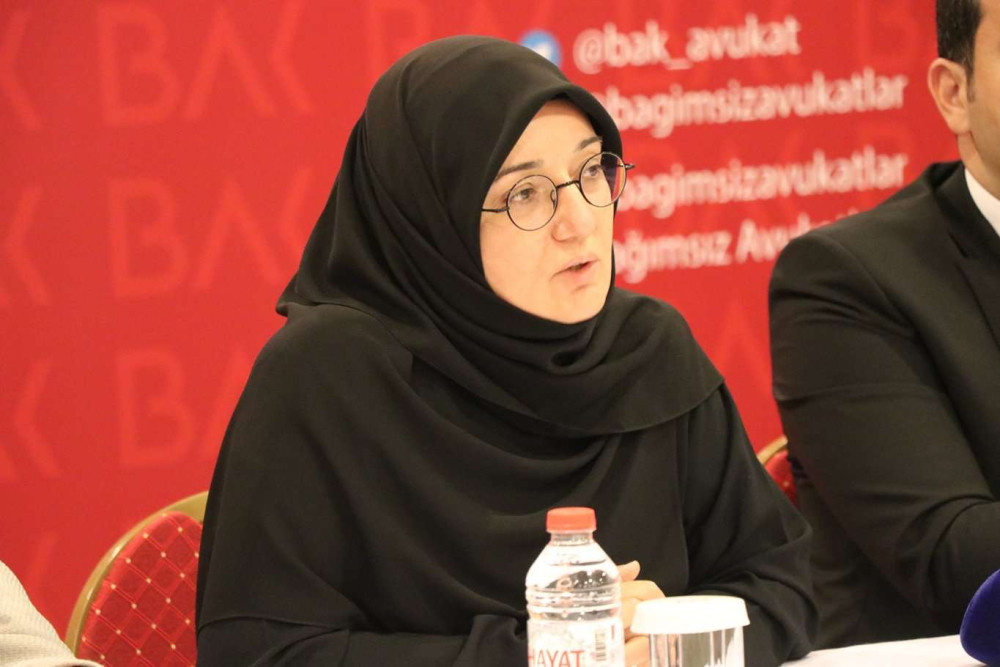 Gülden Sönmez
Gülden Sönmez